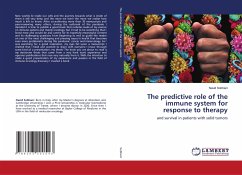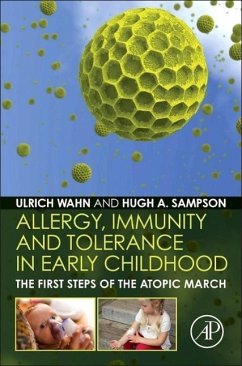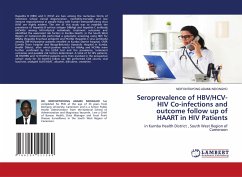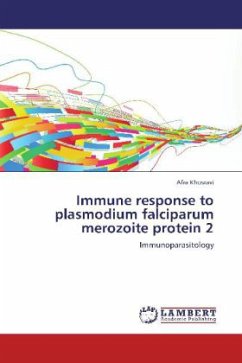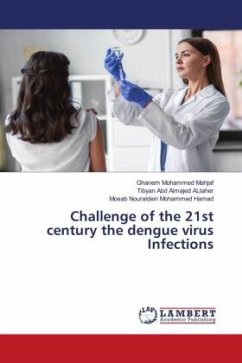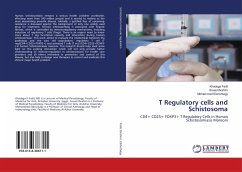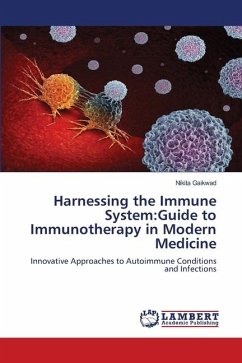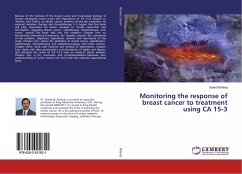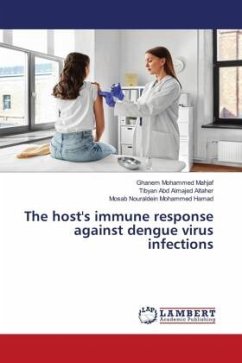
The host's immune response against dengue virus infections
Versandkostenfrei!
Versandfertig in 6-10 Tagen
29,99 €
inkl. MwSt.

PAYBACK Punkte
15 °P sammeln!
One of the biggest global public health issues is dengue virus (DENV) infection, particularly in tropical areas of the world where 75% of dengue cases occur. While most DENV infections are moderate or asymptomatic, about 5% of cases go on to develop a severe version of the illness. This is primarily related to several infections with various DENV serotypes that occurred in succession. Numerous immunopathogenic pathways involving virus and host variables influence the severity of dengue. New research suggests that an inadequate immune response, by limiting viral clearance and causing severe inf...
One of the biggest global public health issues is dengue virus (DENV) infection, particularly in tropical areas of the world where 75% of dengue cases occur. While most DENV infections are moderate or asymptomatic, about 5% of cases go on to develop a severe version of the illness. This is primarily related to several infections with various DENV serotypes that occurred in succession. Numerous immunopathogenic pathways involving virus and host variables influence the severity of dengue. New research suggests that an inadequate immune response, by limiting viral clearance and causing severe inflammation, which ultimately results in dengue hemorrhagic fever and dengue shock syndrome, contributes to the progression and severity of the disease. The natural history of viral infections, notably dengue, is greatly influenced by the host's innate and adaptive immune responses. In this context, it has been noted that RNA interference (RNAi) is becoming more prevalent in viral infection processes and immune defense in recent years.



